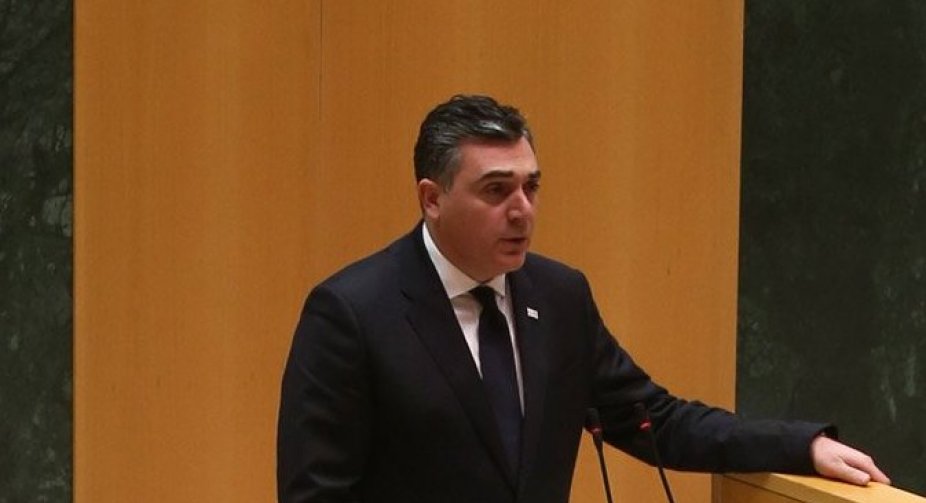Georgian Foreign Minister Ilia Darchiashvili on Friday told MPs China had “never questioned” Tbilisi’s sovereignty and territorial integrity, after opposition lawmakers summoned him to the legislative body to answer their questions on the recently signed strategic deal with Beijing.
Darchiashvili claimed Tbilisi was “unable” to determine China’s foreign policies, but stressed Beijing supported Georgia’s sovereignty and was “well-aware” Russia was occupying 20 percent of Georgia’s territories.
The Minister stressed the Government's strengthening of ties with China created “no obstacles” to the country’s EU integration goals, and claimed the bloc itself was intensifying cooperation with Beijing.
Darchiashvili noted the Government had acted “in line with the country’s Constitution” when it signed the strategic deal with China in July without previous consultations with the Parliament, pointing to the Government's authorisation by the law to implement the country’s domestic and foreign policies.





